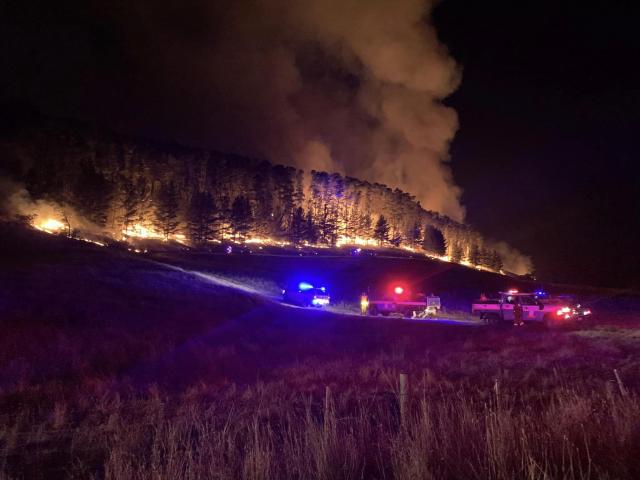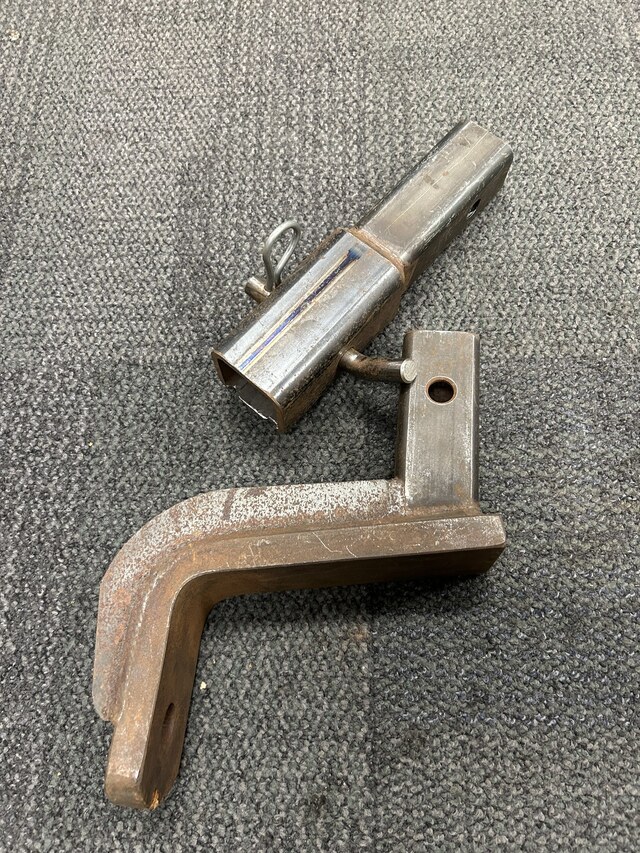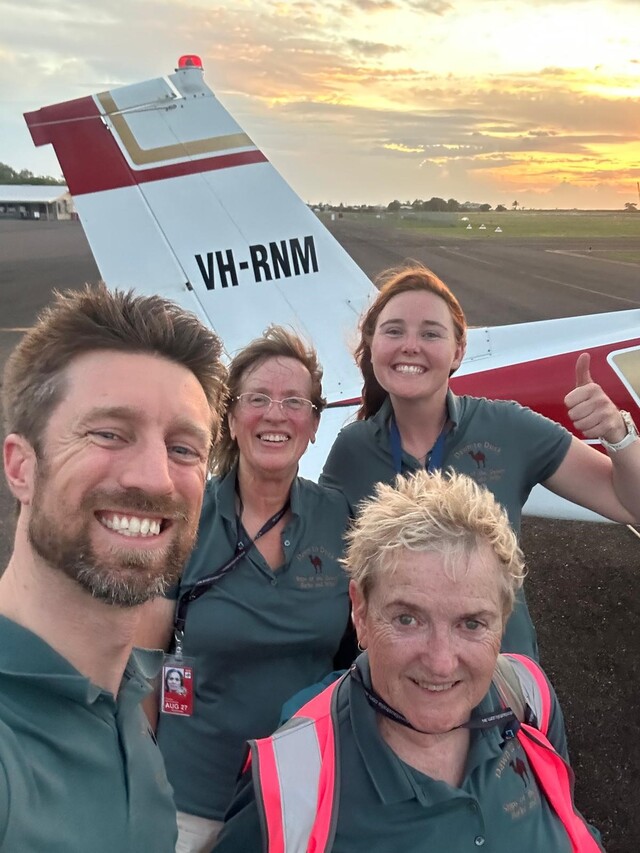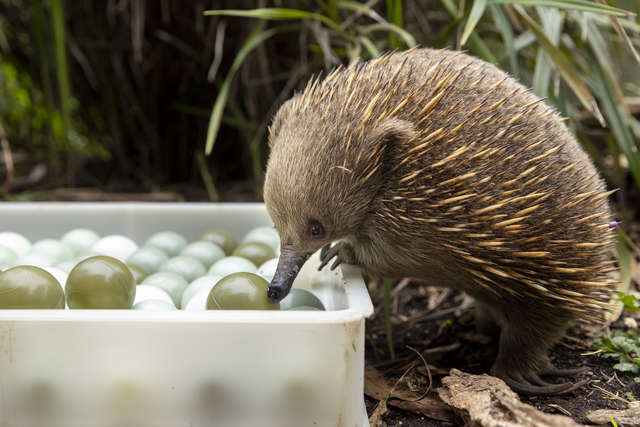 After contributing thousands of dollars, Bruce Petrie, foreground, and the residents of Sheepstation Creek Road want to ensure their road will be able to handle the traffic and rainfall.
After contributing thousands of dollars, Bruce Petrie, foreground, and the residents of Sheepstation Creek Road want to ensure their road will be able to handle the traffic and rainfall.
By Mara Pattison-Sowden
A GROUP of residents has been left feeling ripped off under the council’s special charge scheme with a road they say is unfinished and already getting potholes.
The Sheepstation Creek Road residents are arguing that for the money they paid, they should have a full bitumen road with proper drainage.
But Yarra Ranges Council said the road, between Yellingbo and Hoddles Creek, was being constructed as a rural road with two layers of spray seal, a bitumen mix sprayed onto the road, with stone aggregate applied.
Local resident and earth moving contractor Steve Jackel has worked on the project, and said the other residents should have understood what they were getting, but he agreed the drainage needed improvements, as well as the possibility of an extra 10 millimetre layer before winter.
Residents say the road is now increasingly being used heavily by trucks and cars passing between Hoddles Creek and Yellingbo, as well as late night hoon activity, which they say will mean the road is soon useless.
“What we’re paying for is a road we can use for two years before it’s rubbish,” said one resident, Sean.
Fifteen residents came out to meet with The Mail last week, and said their dissatisfaction was in paying so much and getting so little.
Under the Special Charge Scheme (SCS), which needs 70 per cent resident support, the residents put in a minimum of $15,000 with one farm contributing as much as $200,000.
The council subsidises the remainder of costs, as well as through Federal Government funding.
Resident Bruce Petrie said the previous shire had reneged on a request to lay bitumen on the road, and residents thought this was how they could finally turn their pot-holed dirt road into bitumen.
“We’re not impressed. All they’ve done is put a sticky goo of bitumen with gravel on top, in the meantime other people in the shire have got 35mm of bitumen road for free,” he said.
“We’re a bit cheesed off and thinking we’re the joke of the Yarra Valley.”
Mr Petrie was the instigator of the SCS in 2007, which was approved late last year.
“We thought this was just the base and they said no this is how it’s going to stay,” he said.
“But we were ignorant of the fact of what a spray seal is.”
“It’s already starting to wash in places and you think why not do the rotten job properly? Before all the good work gets washed away, they just need to finish it.”
They were told the storm water drainage – which they say hadn’t been maintained in 35 years – would be fixed and the road would be widened to seven metres.
Mr Jackel said the 5.5 metre road would be better with an extra 10mm layer on top before winter, then 12 months after follow up with the top coat.
“I personally am fine with it as long as it’s well maintained,” he said.
“But if they fix it properly now they’ll save money and be better off in the long run. There are ongoing issues with the drainage but I’m trying to address these problems with the council.”
Yarra Ranges Council Engineering Director Mark Varmalis said asphalt had been used in areas where there were high levels of turning traffic but the construction was common practice for the council when improving roads in rural areas.
He said the first sealed layer would be followed by a second layer in 12 months to give the road time to settle and allow any defects in the road to be addressed before the final layer is applied.
“Once the works are complete, council will provide ongoing maintenance of the road surface into the future, providing residents with improved access to their properties than previously existed as a gravel road,” he said.






